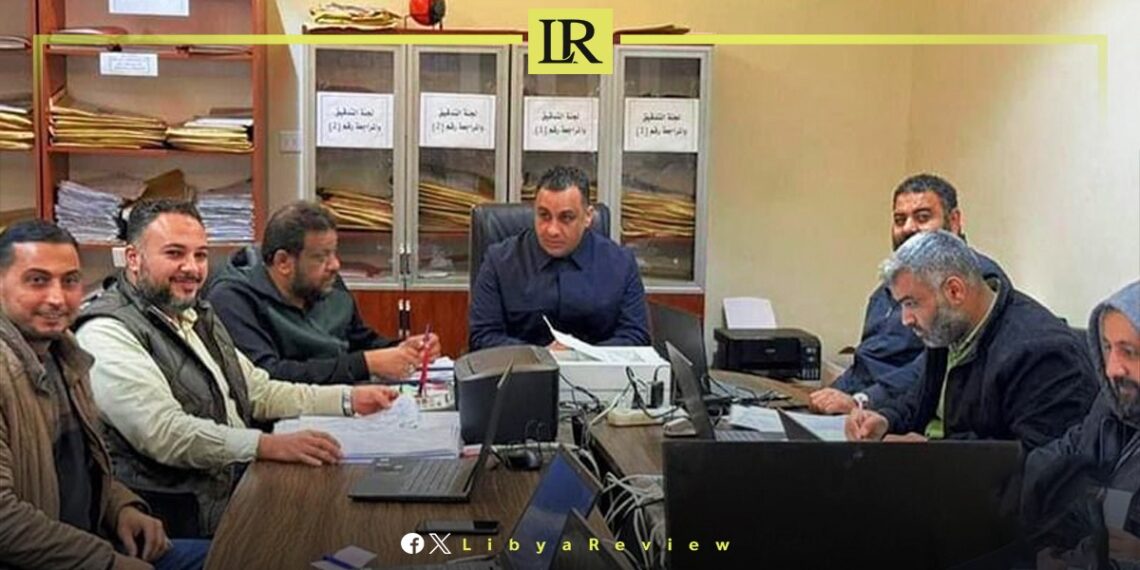The Libyan government’s Inventory and Compensation Committee began preparing compensation bonds for 425 families from the city of Derna after completing the assessment of damages caused by the floods.
The committee is headed by the General Undersecretary of the Ministry of Local Governance and Head of the Inventory and Compensation Committee, Abu Bakr al-Zawi,
The committee is distributing the bonds to these families based on the instructions of Libyan Prime Minister Osama Hammad, at the headquarters of the National Theater in Derna.
In January, the Committee issued compensation checks to 400 families in Derna. This comes within the Libyan Parliament-designated government’s commitment to ensure compensation for victims of September’s flooding.
On his part, Al-Zawi assured that the committee is “steadfast in its mission to continue the compensation delivery, uninterrupted until all impacted families have been reached.”
Derna, a city with a long history, has recently grappled with the harsh realities of natural disasters, including severe flooding events. The Libyan government’s proactive measure to provide compensation reflects its dedication to aiding citizens during calamities. It also highlights its recognition of the urgent need for enhanced disaster response mechanisms in the region.
This initiative is a crucial aspect of Libya’s broader efforts to bolster its disaster management capabilities. The floods that swept through Derna have put a spotlight on the critical need for reinforced infrastructure, and preparedness to shield communities from the unpredictable wrath of nature.
The continuous support provided to the affected families is a clear sign of the Libyan government’s commitment to recovery and reconstruction efforts in the wake of natural disasters. This commitment to recovery is integral to the country’s long-term strategy for building a resilient and sustainable future for all its citizens.
On the 10th of September, a devastating storm swept through several eastern regions of Libya, notably the cities of Derna, Benghazi, Al-Bayda, Al-Marj, and Sousse. This resulted in significant destruction and led to the loss of thousands of lives, injuries, and missing individuals.


